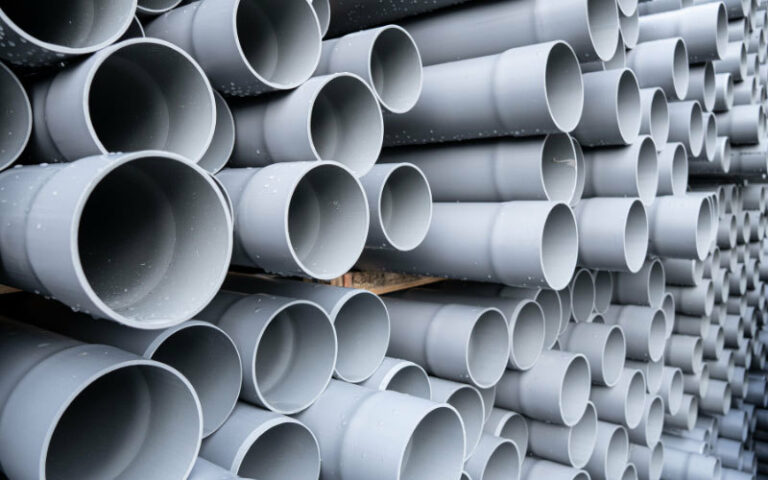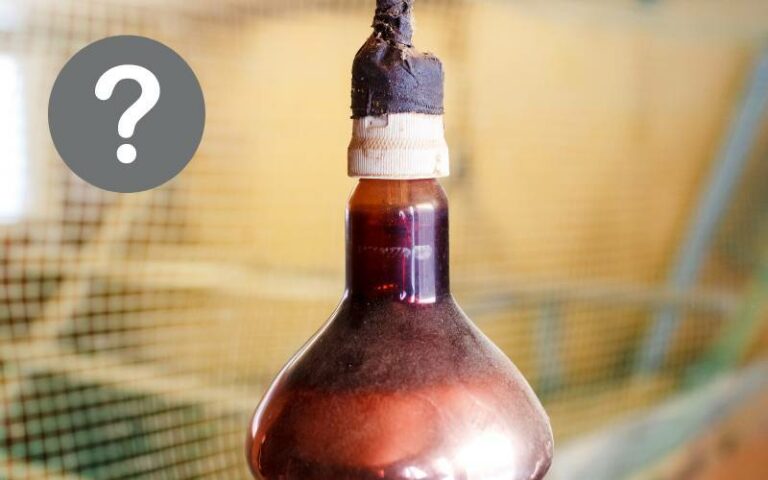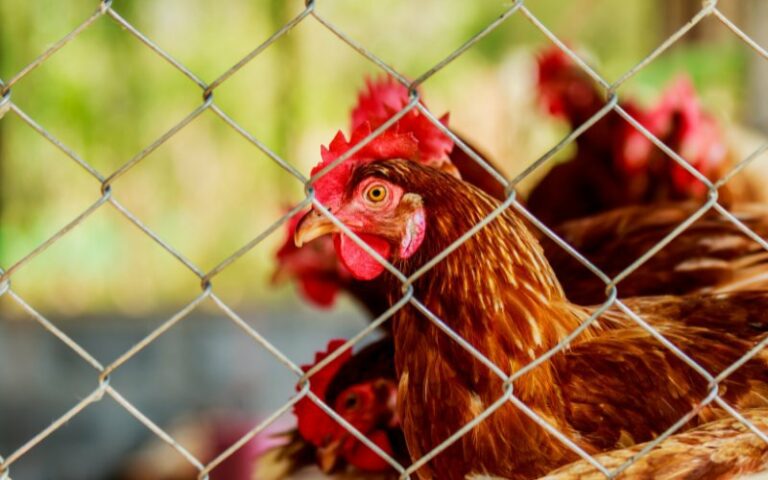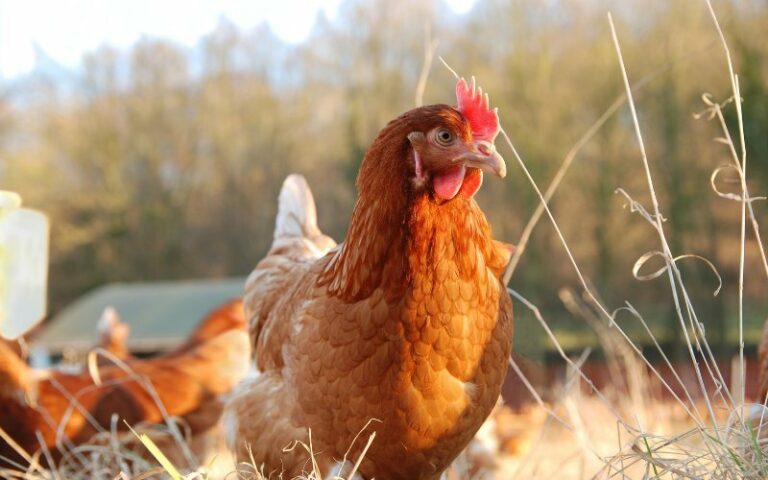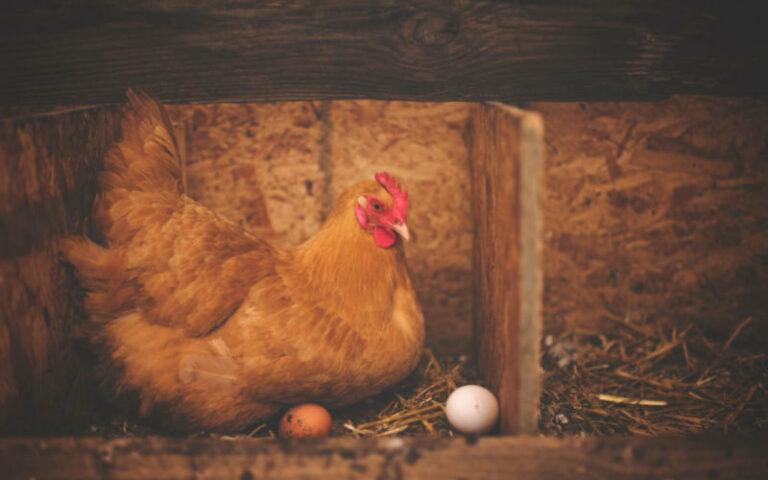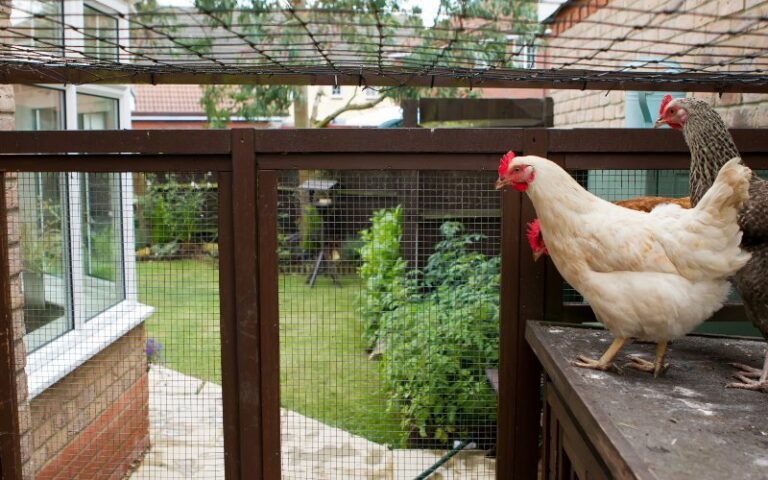Why Do My Chickens Smell Bad? (+ What to Do)
I love the way baby chicks smell, and I’ve always thought that adult chickens have a nice barnyard-y scent to them. But have you ever had the experience of walking past a chicken coop and nearly gagging on the horrible stink? I certainly have, and so have many other chicken owners.
For a while, I accepted the fact that my chickens were going to stink, and to some extent, that’s true. Whenever you own an animal, whether it’s a chicken, puppy, or cow, you’re going to have to deal with some unpleasant smells. However, I’ve done some research and experimentation since then and there are a few things you can do to avoid extremely unpleasant smells among your poultry.
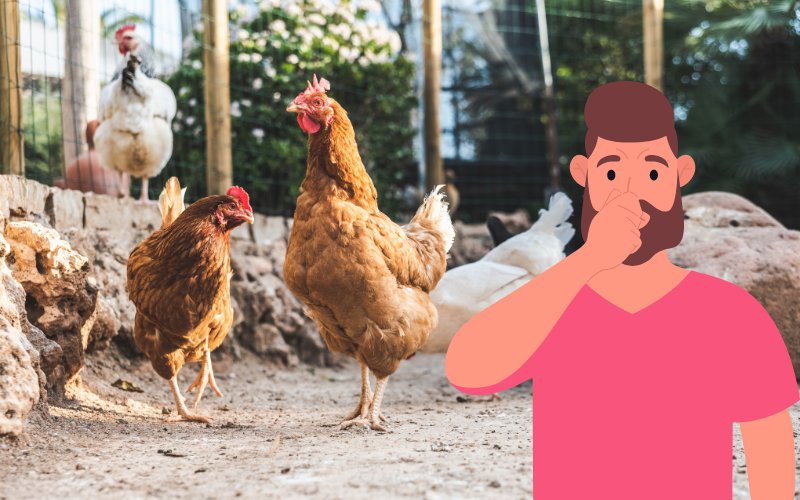
Why Do My Chickens Smell Bad (The Short Answer)
Bad smells in a chicken coop can almost always be traced back to the bedding. Chickens themselves don’t smell bad, but their manure definitely can. The most likely reason for bad smells is ammonia, which is a poultry manure byproduct. Water can also cause a bad smell in chicken bedding, whether it’s from chickens’ drinking water, humidity, or rain.
3 Possible Reasons Why Your Chickens Might Smell Bad
Wondering why your own or a neighbor’s chicken coop smells so bad? Here are some of the reasons I’ve discovered over the years.
Your Ammonia Levels Are Too High
This is a problem especially if you have multiple chickens enclosed in a small area for longer periods of time. More chickens produce more manure, which gets mixed in with the bedding, feed, and water. Ammonia is a natural byproduct of chicken manure, but in vapor form, it smells nauseatingly bad.
Your Chickens’ Bedding Is Damp
You might have noticed that your chicken run smells after rain. This is a result of damp bedding, which may be caused by a leaky coop, wet weather or humidity, and/or defective chicken waterers. Poor drainage and ventilation systems could also contribute. Regardless of how water gets in the chicken bedding, it’s likely contributing to the ammonia problem.
Your Chickens Don’t Have Access to Dust Baths
Chickens are naturally rather tidy animals – they hate getting wet or muddy. But they do need to have access to dust to keep themselves clean. They take dust baths, which sounds counterintuitive – but it works. If chickens are confined in a damp coop, their personal hygiene will suffer.
What to Do If Your Chickens Stink (5 Ideas)
I’ve tried a few solutions over the years to manage chicken smells, and here are the most effective ways to resolve the problem (at least in my experience).
Fix Ventilation Issues
Evaluate the ventilation in your chicken coop. Simply try to imagine how airflow is going to work. Air should be able to freely move through the entire coop. If your coop is particularly closed-in or the smell is particularly bad, consider installing a window, adding a run and leaving the door open, or otherwise improving the ventilation system.
Improve Drainage System
I’ve found that damp bedding really helps strengthen the chicken manure smell. It also attracts flies, which just adds to the unpleasant atmosphere of a stinky chicken coop.
Damp bedding can often be traced back to the drainage system. It’s easy to overlook drainage as a new chicken owner, but it’s important and could be the main cause of bad odors.
If your coop is located in a low-lying area, try moving it somewhere else to avoid water puddling up underneath your coop. Also, having a roof on your chicken coop will help with drainage issues.
Make Sure Chickens Have Access to Dust
As mentioned earlier, chickens clean themselves with dust baths, so I like to always make sure they have access to a dry and dusty area. Bare dirt and fine sand are ideal to help chickens keep themselves clean and tidy.
Consider The Deep Litter Technique
Personally, I don’t have the time or inclination to clean the chicken coop out every week. It uses tons of litter and it’s just an unpleasant task. But there’s an alternative that requires much less cleaning: the deep litter technique.
Essentially, this technique involves allowing litter to build up on the ground. As long as it’s kept mostly dry, it won’t become stinky. The chickens will scratch through it and help with the composting process. You can then clean the coop much less frequently and you’ll get plenty of rich compost for the garden.
Think About Free Ranging Your Chickens
You might not have the space for this, but free-ranging your chickens is a great way to reduce stinky bedding build-up. Even if you can’t go entirely free-range, make sure your chickens have access to a run. You may also want to think about a movable chicken coop so they can run around on fresh grass.
Are Your Chickens Sick?
If you’re wondering what it means when a chicken smells bad – and you’re sure it’s not just the coop that stinks – it could be a sickness like vent gleet or infectious coryza. These typically don’t infect backyard flocks; but if you’re worried that your chickens have one of these infections, it’s a good idea to talk to a professional about why your hen smells bad.
Here are the symptoms and treatments for common sicknesses that cause chickens to smell bad:
- Vent gleet: Symptoms include yellowish-white or bloody discharge, crusted tail feathers, bloated abdomen, a decrease in egg production, and a bad smell. It is caused by a PH imbalance, fungal or bacterial infections, and possibly parasites. To treat it, quarantine affected chickens, bathe them every day, trim vent feathers, provide grit, and use a supplement, probiotic, and/or anti-fungal cream. Make sure your chickens have the right feed for their age. If the vent gleet doesn’t heal after a couple of weeks, consider taking your chicken to the vet.
- Infectious coryza: Symptoms include facial swelling, nasal discharge, decreased activity, diarrhea, watery eyes, a loss of appetite, and sometimes a bad smell. It can be treated with antibacterials and antibiotics like tetracyclines, erythromycin, and sulfadimethoxine, but you’ll want to talk to a vet if you think your chickens have this sickness.

